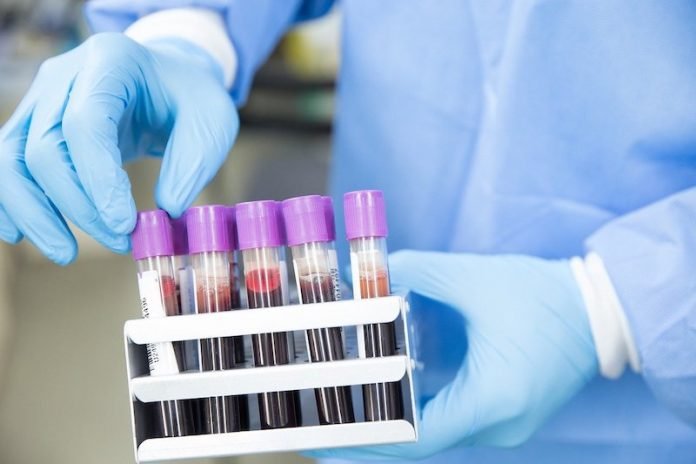
Scientists from the University of Groningen found that people with blood types A and B may have higher risks of developing dangerous blood clots compared to people who have type O blood.
They also showed a slightly higher risk for certain types of heart disease among the A and B groups.
The research is published in Arteriosclerosis, Thrombosis, and Vascular Biology and was conducted by Hilde Groot et al.
Deep vein thrombosis – clots usually occurring in the leg – and pulmonary embolism – when a clot travels to the lungs – are two of the most common vascular diseases.
They affect as many as 900,000 Americans each year, resulting in 100,000 deaths.
Past research has shown a likely link between heart disease and the ABO gene that exists in people with A, B or AB blood types, but not in people with type O blood.
One study found people with the ABO gene are at higher risk of a heart attack during periods of heavy air pollution.
In the current study, the team examined more than 400,000 people.
They found that compared to people with type O blood, those with types A or B had a combined 8% higher risk of heart attack and 10% increased risk of heart failure.
But the biggest difference had to do with blood clots in the veins.
Compared to people with type O blood, individuals in the type A and B groups were 51% more likely to develop deep vein thrombosis and 47% more likely to develop a pulmonary embolism.
But having type A or B blood did however lower the risk of high blood pressure by 3% compared to those with type O blood.
These findings could have implications for personalized medicine.
The team says doctors might use this information in the prevention and treatment of cardiovascular disease, and medical professionals can consider including blood group information in future trials for risk and treatment approaches.
If you care about blood clots, please read studies about the cause of blood clots in people with severe COVID-19, and this stuff adds fuel to COVID-19 “firestorm” of inflammation, blood clots.
For more information about blood health, please see recent studies about new suggestions for treating high blood pressure, and results showing blood pressure swings could be an early sign of heart disease.
Copyright © 2022 Knowridge Science Report. All rights reserved.



